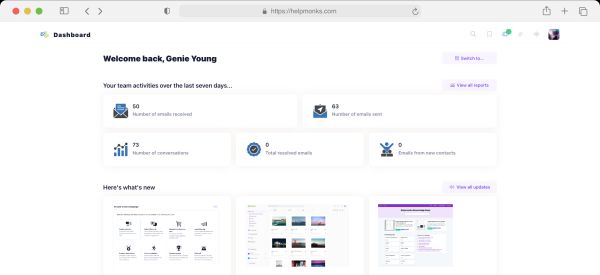
Introducing new pricing for Helpmonks
Discover Helpmonks' new pricing structure, featuring a flexible PRO plan, a FREE plan for smaller teams, and an exciting affiliate program. Experience unparalleled email management solutions today!
Read nowWhen you build strong customer relationships, you build a stronger, better business, too. This is why so many organizations focus on relationship marketing. They understand that working towards customer satisfaction and retention is a sure way to a good brand image and sales success.
Developing better customer relations offers several advantages for your business, but you need the right strategies to realize these benefits.
This is your complete guide to relationship marketing. We examine what it is, how best to implement it, and what it can do for you. We also provide some real-world examples to inspire your own customer relations strategies.
One of the main reasons why companies lose customers is having weak customer relations. Conversely, robust relationship marketing will improve customer retention, even during economic difficulties and rising prices.
Relationship marketing is a marketing approach that focuses on building stronger, better relationships with customers. Unlike other forms of marketing, which often have more short-term, sales-driven goals, relationship marketing emphasizes the long-term goal of loyal, satisfied customers.
The unfortunate side effect of chasing profits first is that customer relationships may get less attention than they deserve. But something amazing happens when your business puts customer relationships ahead of profits and strives for more positive customer relations.
By putting people first, you will also enjoy several benefits that boost your profitability. Here are the top four.
Strengthen your customer relationships, and you'll experience more customer loyalty. Even the smallest business can grow to spectacular heights with a base of loyal customers because loyal regulars behave differently than new customers who have not formed a bond with your brand.
Loyal customers buy more and more often, and they are happy to recommend you to their peers. Best of all, loyal customers stick by you in good times and bad. They will forgive you for the occasional product flaw or service shortcomings. And they'll be more understanding when you have to raise prices.
You've heard about the importance of monitoring customer engagement metrics. However, this is another important metric to watch when it comes to building better customer relations. Customer lifetime value (CLV) indicates the total revenue you enjoy from each customer.
It measures repeat purchases and their monetary worth to the company. Because relationship marketing increases loyalty, customers are more likely to make repeat purchases, driving up CLV scores. More profits from the same number of customers means more profits.

Strong customer relations can also reduce your marketing costs. That's because you're retaining more customers who are going on to make repeat purchases. You enjoy more revenue from your existing customers and don't have to market as aggressively to bring in new ones.
Your existing, loyal fanbase will do that for you. Their word-of-mouth advertising and referrals cost you nothing, and they have not yet brought in more business. Nothing markets a brand better than happiness; regular customers recommend it to everyone they know!
Emphasizing market differentiation gives you a competitive advantage. Create a unique identity for your products, services, company, and brand. This allows your customers to easily differentiate you from your competitors.
When your customer relations are top-tier, you gain a competitive advantage because your customers will see your product, service, brand, or organization as superior to competitors. This, in turn, leads to more sales, higher profits, and a bigger market share.
Are you ready to implement a relationship marketing strategy that brings results? It's much easier than you think, especially when using these tips.
The first step to improving customer relations is knowing and understanding your audience. But when you offer a wide range of products and services, you'll find that some appeal to certain consumer demographics more than others.
Targeting the right customers with the right products and services and targeted marketing strategies for their demographic group requires audience segmentation. Divide your target audience into smaller sub-groups based on shared characteristics and interests.
Once you've segmented your audience, it's time to target those sub-groups with some personalized and engaging marketing communications. This will let them know that you recognize them and acknowledge their interests. It'll foster a stronger bond with your brand and encourage interaction.
Customer service and customer relationship marketing are a winning combo that you can't ignore. Indeed, giving good customer service can lead to stronger relationships without doing much else. So if you're going to do just one new thing to improve customer relations, be customer service-oriented.

Offer customers valuable content in your marketing campaigns, and you'll build better customer relationships. They need to know that they are getting not only value for their money but also value for their continued interaction. Keep marketing materials relevant, informative, and appealing.
Build community engagement through community-centered activities and corporate social responsibility initiatives. This will show customers that you're interested in making sales and making a difference. Inform customers (and potential customers) about these campaigns on your social pages.
If you don't yet have a social media presence, work on it now. This is where many of your customers spend their free time. It's the ideal springboard for building strong customer relationships through social interaction. Consumers can be fickle, so post memorable content regularly.
Incentivize loyalty, and your customers will be more loyal than ever. Introduce rewards points for repeat purchases or referrals that can be used towards other products in your catalog. This keeps them happy and recommending your business, and it keeps them buying from you, too.
It's unwise to become complacent. There's always something new to be learned. So, seek feedback and adapt to changing consumer trends. It will keep you engaging and relevant in your customers' eyes in a sea of competitors.
The business leaders behind some of the biggest brands built their success on great customer service and strong customer relations. You can, too. Take some inspiration from these five real-world examples of great relationship marketing.
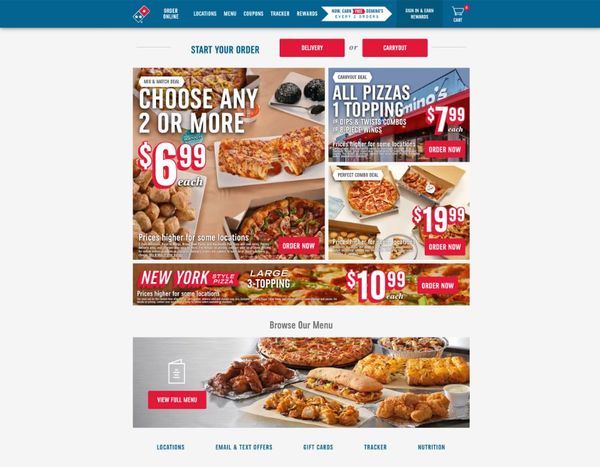
Domino's's multinational pizza chain has been serving delicious pizza since 1960. It started as a single restaurant, family-owned and operated. Today, Domino's is worth billions of dollars and is the second-largest pizza chain in the world.
How has what started as a family-run pizzeria in Michigan become so successful? They had to employ good relationship marketing to get to where they are now. Their customers are assured not only of great service and great pizza but also of innovation.
Domino's consistently adds new taste sensations to its menu, and its website and mobile application make ordering easy. Their customers know that as tastes change and technology progresses, Domino's has been in step with them. It regards their loyalty, and it includes a loyalty program, too.
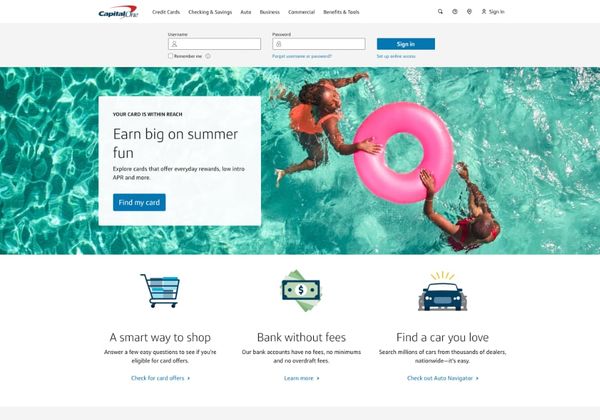
Capital One Financial Corporation is an American company offering banking services, credit card facilities, and auto loans. It is headquartered in Virginia and has been in operation since 1994 as a spin-off of Signet Financial Corp.
It's now one of the largest banks and one of the largest issuers of auto loans and credit cards in the US. So, what role has relationship marketing played in their success? Capital One capitalizes (see what we did there?) on their customers' desire for reward.
They offer these rewards in Capital One rewards cards that let cardholders earn cash back, or miles for flights, rental cars, and hotel accommodation, on every purchase. There are different rewards cards, and there's even one specifically for students.
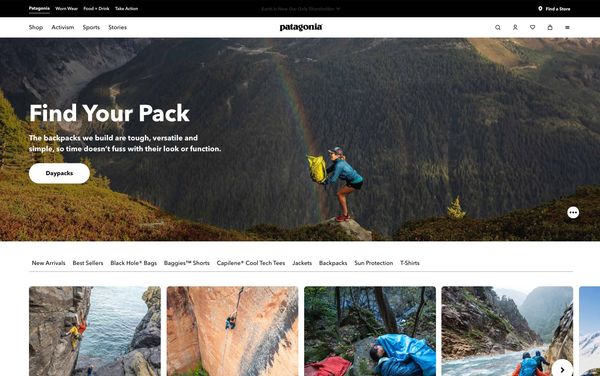
Patagonia, Inc., is a US-based outdoor and recreation clothing retailer founded in 1973 and operating in more than 10 countries. Big things have come from its humble beginnings, and in 2022, its estimated revenue was $1.5 billion (2022 estimate).
So, how does Patagonia approach its customer relations? They understand their customer base and know that most of their target audience is interested in sustainability and environmental conservation.
The brand has established itself as a sustainable business, putting the planet and its people before profits. Patagonia actively engages in environmental initiatives and boldly cautions customers against excess consumerism. This resonates with its target market and has fostered deeper loyalty.
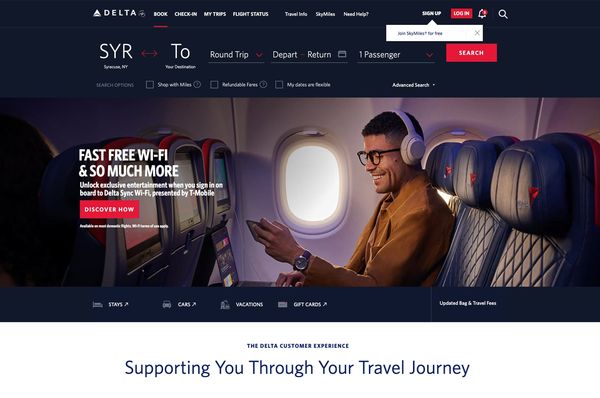
Delta Airlines is one of the oldest airlines on earth, and it is still going strong. Founded in 1924 as a crop-dusting service, Delta has become a thriving commercial airline with thousands of flights daily to six continents. It also knows a thing or two about customer relations.
Delta Airlines provides differentiated flight experiences to cater to different customer segments, some with exclusive perks. These experiences are available in different price ranges, catering to different customer budgets. Delta's frequent flyer program offers even more value to regular customers.
Delta understands that while some of its customers are prepared to pay for more comfort and extra legroom, not everyone can afford it. Regardless of these financial considerations, they offer a positive experience to everyone who flies with them. In this way, customers from all walks of life feel catered to.
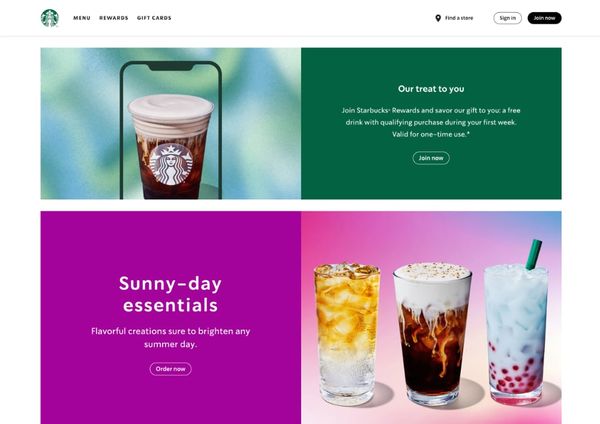
The coffee giant Starbucks was founded in Seattle, Washington, in 1971. Today, there are more than 30 00 Starbucks locations worldwide. More than half of these stores are found in the United States. They didn't get to this level of success through good coffee alone. They practice good relationship marketing.
At Starbucks, customers are offered engaging, personalized service. Regular customers receive tailored offers and rewards. Loyalty programs ensure repeat business because customers see it as in their best interests to keep buying their coffee, where they get rewarded.
Starbucks also engages its target audience through social media interactions and social responsibility initiatives. The brand knows that that is where many of its customers interact with each other and access marketing. They keep them engaged there so they don't have to look elsewhere.
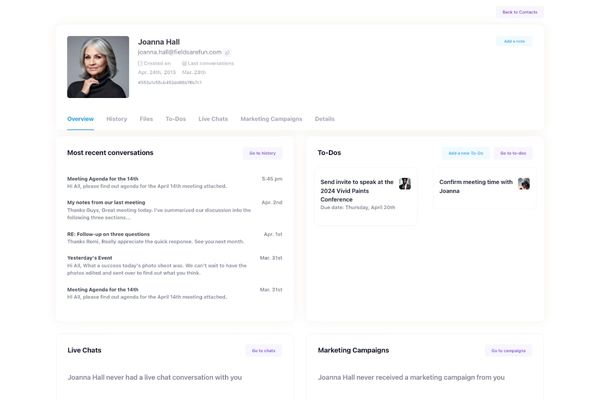
If you want to strengthen customer loyalty, increase repeat sales, and improve your brand image, you need relationship marketing. It offers all these benefits, and the big brands all know it. You'll also know by following our tips for implementing a relationship marketing strategy.
But sometimes, strategy is not enough. Could your customer relations do with a little help? That's what Helpmonks is all about. It's the ultimate platform for a comprehensive approach to customer relations, offering customer service and engagement tools, CRM, email management, and marketing all in one place.
Helpmonks is the platform for businesses that take customer relations seriously. It's easy to get started. Register an account in minutes, and start building better customer relationships today.

Discover Helpmonks' new pricing structure, featuring a flexible PRO plan, a FREE plan for smaller teams, and an exciting affiliate program. Experience unparalleled email management solutions today!
Read now
Dynamic email signatures increase brand visibility, build brand identity, and boost conversions. Learn how to create and update dynamic email signatures.
Read now
Looking for an email marketing automation software? This guide shows what to look for. We'll also review the best tools for your online marketing needs.
Read now
Using customer engagement solutions helps you keep your existing customer base and grow. Here are the top 10 customer engagement solutions for your business.
Read now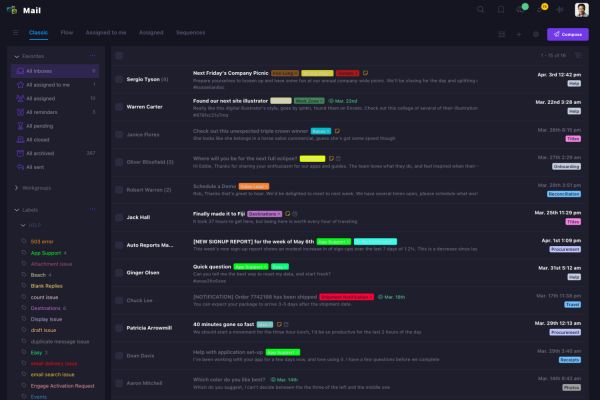
Empower your team and delight your customers.
